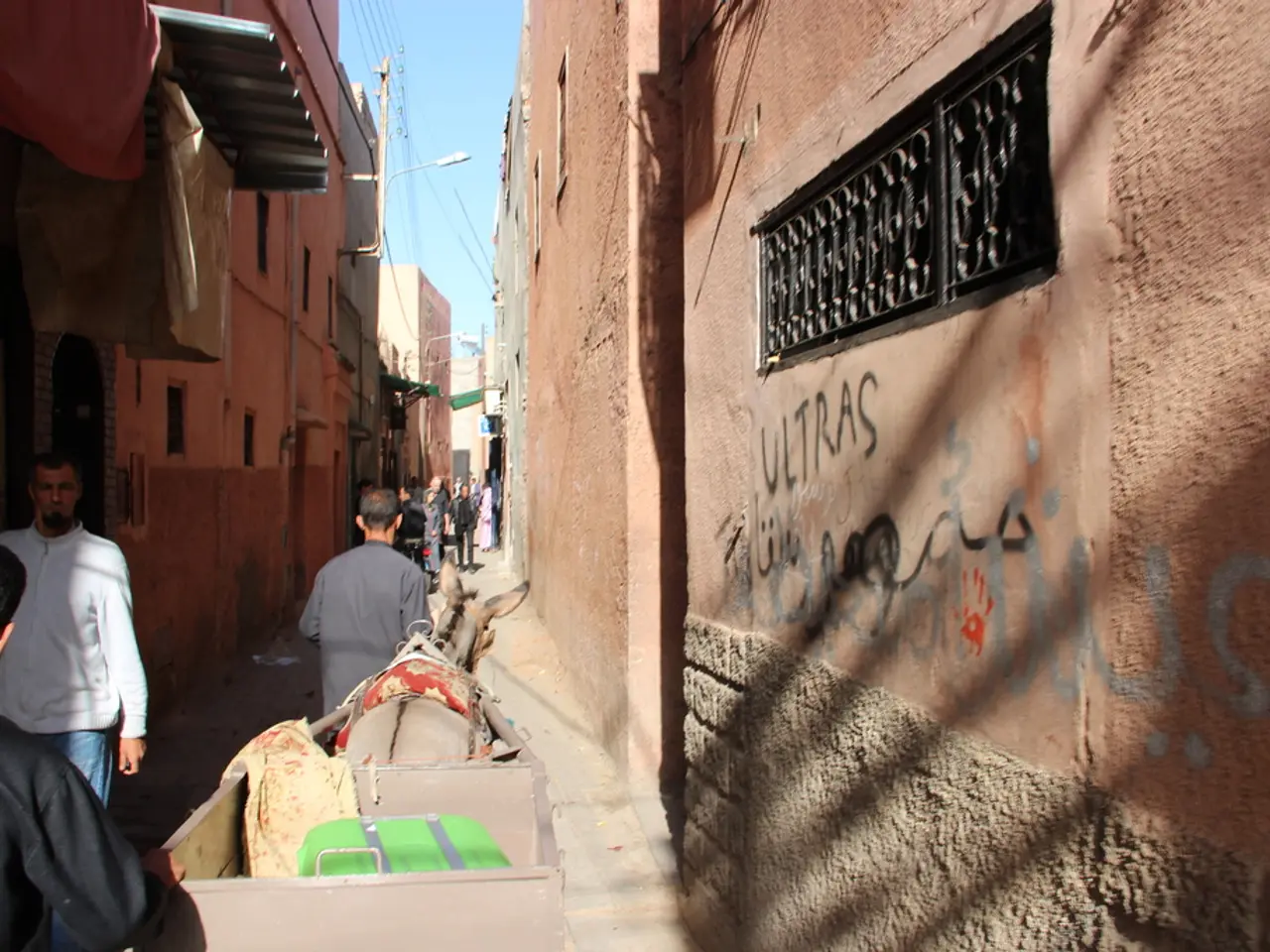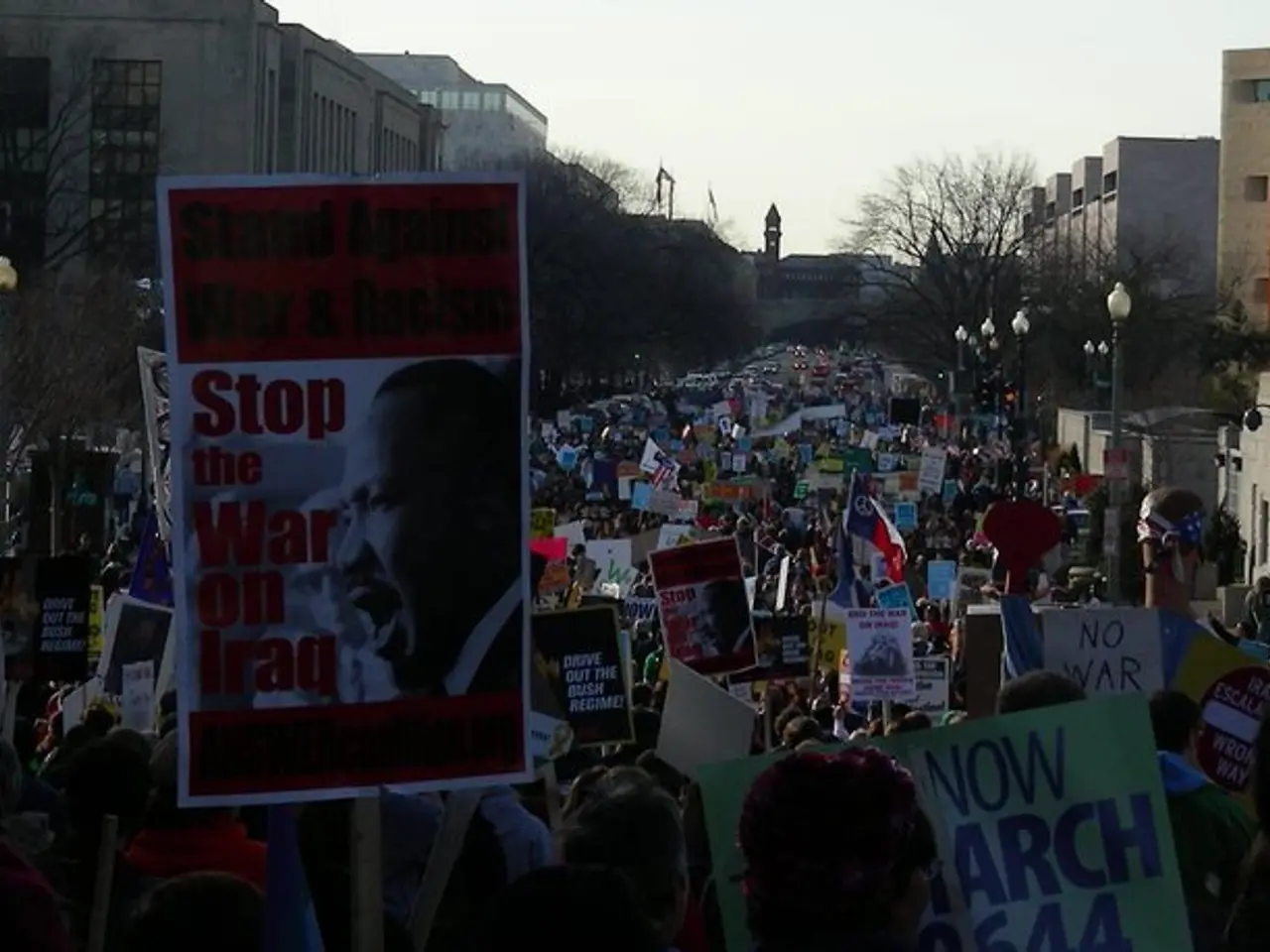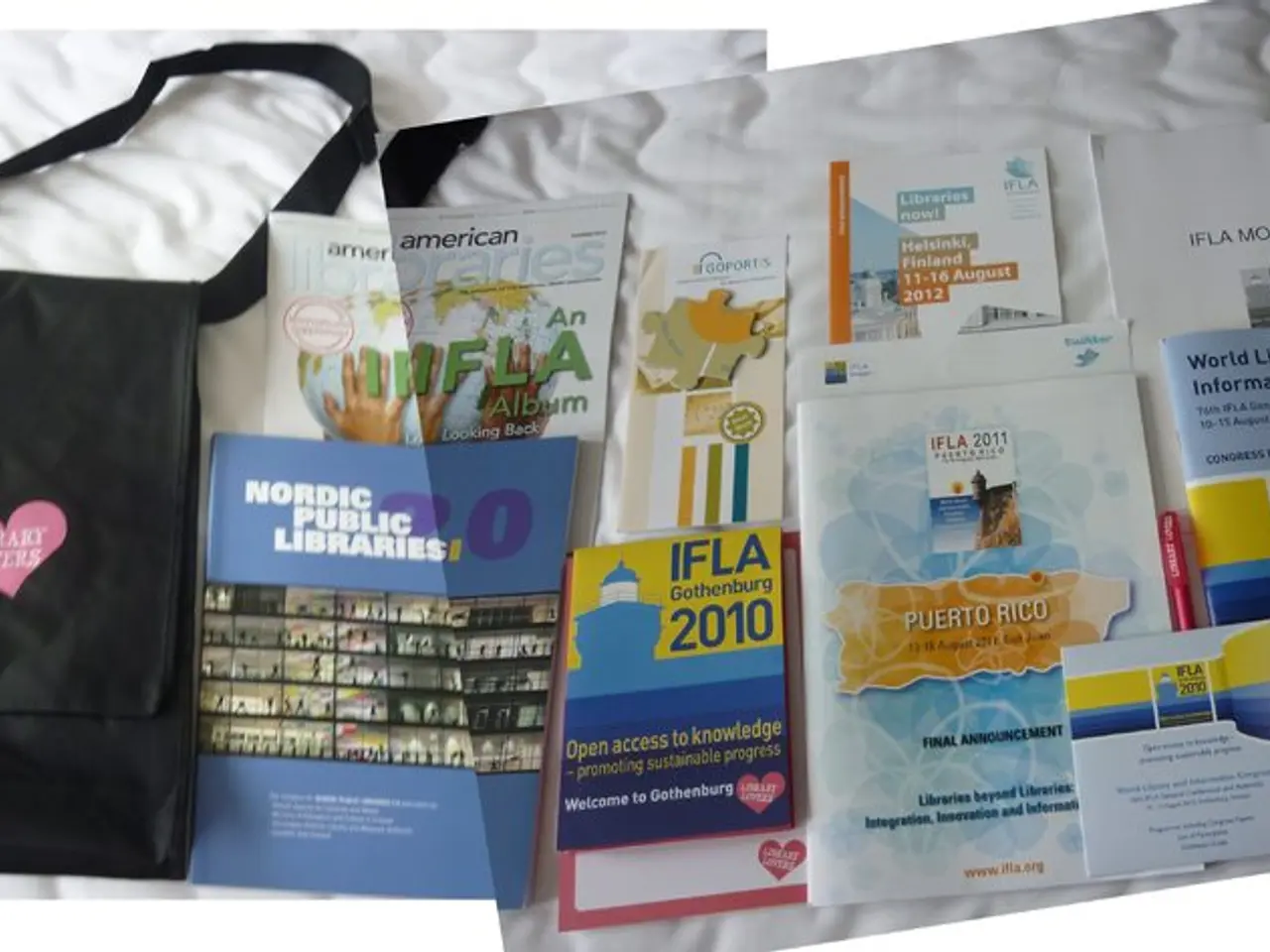Thai Government officials conference with British and European diplomats to address the complexities surrounding Thailand-Cambodia relations
In the midst of the escalating Thailand-Cambodia border conflict in 2025, concerns about the safety of civilians have been raised by several countries. The root of the conflict can be traced back to colonial-era treaties that left borders ambiguous, coupled with nationalist and political tensions surrounding culturally significant sites such as the Preah Vihear temple area.
The immediate trigger was a violent clash near Ta Moan Thom in late May 2025, followed by a rapid military escalation on both sides, including artillery and airstrikes, and a surge in nationalist rhetoric and civilian displacement.
In an attempt to de-escalate the situation, Malaysia played a key diplomatic role by participating in brokering the ceasefire agreed between Thailand and Cambodia in late July 2025. The United States was actively involved in mediation, with U.S. officials working alongside Malaysian counterparts to negotiate the ceasefire. The U.S. leveraged its economic influence by threatening to withhold trade deals with both countries should the fighting continue.
China’s role in direct mediation is not explicitly mentioned in the available sources for this 2025 episode, suggesting limited or less public involvement compared to Malaysia and the U.S., although historically China holds strategic influence in Southeast Asia which could shape regional dynamics indirectly.
The ceasefire brokered by Malaysia and the U.S. has held so far but remains fragile due to entrenched distrust, nationalist politics, and unresolved issues around border demarcation and historical grievances. Both Thailand and Cambodia prefer bilateral talks over international arbitration, with Thailand notably rejecting International Court of Justice jurisdiction since the 1960s.
The House of Representatives' Foreign Affairs Committee, led by Saratthanun Unnopporn, MP for Khon Kaen and chairperson of the committee, held meetings with United Kingdom and European Union ambassadors on Wednesday. Representatives from 18 EU countries were involved in the discussions.
Despite the recent ceasefire agreement, the parties discussed the need for peaceful dialogue between Thailand and Cambodia to address the underlying issues and restore long-lasting peace. There was a shared confidence that both countries were committed to restoring peace. However, continued international engagement and possibly third-party arbitration seem necessary for a lasting peaceful resolution.
- The international community, including the House of Representatives' Foreign Affairs Committee, recognizes the need for peaceful dialogue and third-party arbitration to address the underlying issues of the Thailand-Cambodia border conflict, given the fragility of the current ceasefire.
- The policy-and-legislation landscape is influenced by the ongoing Thailand-Cambodia border conflict, as general news often features discussions about the necessity of international intervention and the role of policy in mediating and resolving such geopolitical issues.







